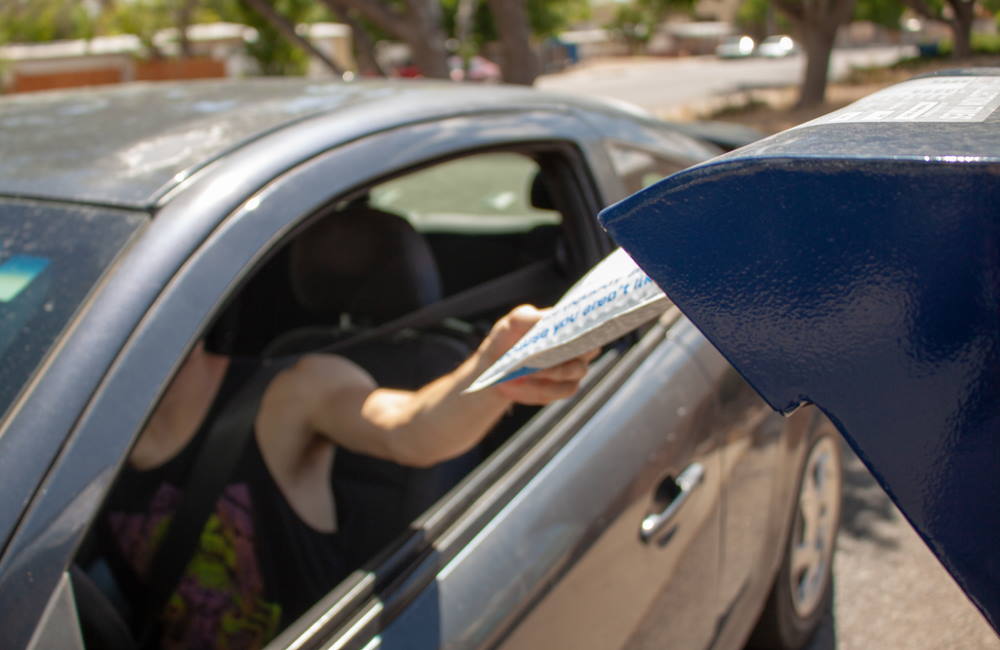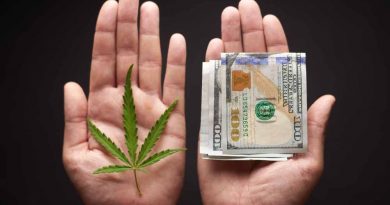New USPS Rules: Don’t Mail Weed Or Vaped-Related Hemp, CBD
People have known for decades that trying to mail weed can land a person behind bars. Legalization may have arrived in much of the country, but that still remains relevant. And now new rules from the United States Postal Service extend the ban to vaping-related hemp and CBD products.
The USPS recently released the updated rules. Most people already know you cannot mail weed through USPS, even if you and the recipient live in a legal state. But in the new rules, the government agency also bans the mailing of hemp or CBD products associated with vaping, even though they contain minimal amounts of THC.
Many expect the rules may face legal challenges by businesses in the vaping industry.
Rules Intended For Nicotine Rope In Cannabis, Too
USPS originally began drafting the new rules to comply with a bill passed by the U.S. Congress in 2020 that banned the mailing of nicotine vapes. However, in writing the rules, the USPS decided to include marijuana-related items among the banned substances.
“It goes without saying that marijuana, hemp, and their derivatives are substances,” wrote USPS officials. They then went on to remind everyone about the illegality of mailing weed or any product containing THC.
They wrote: “THC is generally nonmailable for reasons independent of the [new rules and law]. THC-containing substances remain generally prohibited under the CSA, regardless of whether they are intended for purportedly medical or recreational purposes or whether the shipper or recipient resides in a state or locality that has decriminalized either or both such uses.”
One major exception: the new rules allow the mailing of hemp products containing 0.3 percent or less of THC, but only if they are not vaping products.
The Other Side of the Argument
As inconvenient as this might prove to individuals, it’s far worse for businesses that rely on USPS to deliver products. Opponents of the new rule have said that it violates the federal government’s stated position that it will not interfere with cannabis laws at the state and local levels.
They also point out that Congress has approved spending legislation prohibiting use of Justice Department funds to interfere in state-legal medical cannabis programs, according to Marijuana Moment.
However, USPS countered with the argument that it is not part of the Justice Department, which is the only branch restricted by Congress from interfering with state marijuana laws. They also point out they are part of the federal government and not the states and cities where offices and postal services are located. In other words, legalization at the state and local level makes no difference in terms of USPS rules.
As has been the case for years, keeping up with the regulations and laws around the use of cannabis, CBD and hemp requires research and reading the latest rules. Until the federal government makes cannabis legal at the national level, expect these types of rule changes to continue.




